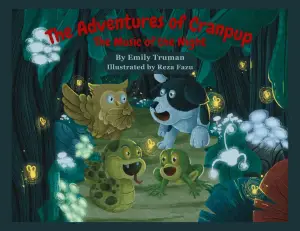I recently finished reading Breaking Up With Broke, and I have to say, it has completely changed my perspective on personal finance. As someone who enjoys self-help and finance books, I was drawn to this title not just for its intriguing premise but also for its promise to shift one’s mindset about money. The idea that being "broke" is largely a mental state resonated deeply with me, and I was eager to see how the author would guide readers through this transformation.
The first thing that struck me about Breaking Up With Broke is the author’s raw and relatable voice. It doesn’t read like a dry textbook, but instead feels like a motivational conversation with a close friend who genuinely wants to see you succeed. This approach made it easy to absorb the bold mix of financial truths and street-smart strategies laid out in the book. As promised in the description, it offers a blueprint that traditional education often overlooks: ditching broke habits and building multiple income streams.
One of the standout features for me was the section on the Financial Toolbox, which includes engaging insights on business, real estate, insurance, and trust funds. The step-by-step tools provided not only outline what to do but also encourage readers to take actionable steps, which is something I found incredibly empowering.
However, while the book is packed with valuable information, I did notice a couple of drawbacks that could be addressed. A few readers mentioned that some sections felt repetitive, reiterating points already made earlier in the book. I agree that certain ideas were emphasized multiple times, but I actually found this reinforcement helpful. It drove home the core messages, which I believe are critical for internalizing the mindset shift the book advocates.
Another point of contention among some reviewers was the idea that the book might oversimplify complex financial concepts. Personally, I felt the author struck a decent balance, making essential principles accessible without diving too deeply into jargon that might overwhelm newcomers. The accessibility of the language used is one of the book’s strengths, especially for younger audiences aged 15 to 18, as noted in the details.
If you’re tired of living paycheck to paycheck and find yourself feeling stuck, this book can indeed be a wake-up call. It challenges readers to think differently, move differently, and ultimately build wealth in their lives. The empowering message that "broke is a mindset" served as a catalyst for my own reflections on my financial habits and goals. I sincerely appreciated that Breaking Up With Broke provided concrete steps to transition from surviving to thriving, which is what I always look for in a personal finance guide.
In conclusion, Breaking Up With Broke has exceeded my expectations and offers a refreshing take on wealth-building that can inspire anyone. The author’s emphasis on mindset, coupled with practical strategies, makes it a must-read for anyone ready to break free from their financial limitations. I wholeheartedly recommend it, whether you’re an experienced financier or just starting your journey toward financial literacy. This book is not only informative; it feels like a genuine push to embrace a wealth-building mentality.








